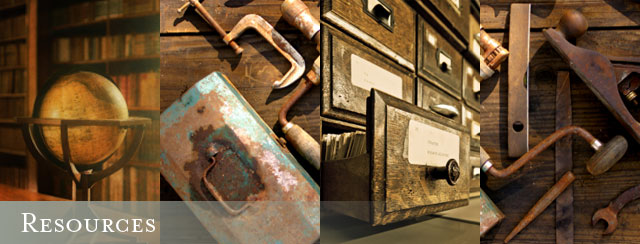
Education
Why study heritage conservation?
Canada’s historic and cultural places—buildings, districts, landscapes, and other places—are crucial to our understanding and appreciation of our communities and what sustains them.
The field of heritage conservation draws on a wide variety of skills and academic backgrounds, from history and archaeology to architecture, engineering and ecology. This diversity is reflected in the breadth of Canadian universities, colleges and vocational institutions offering heritage conservation-related programs and courses.
Conservation Programs and Courses include: architecture and environmental design; construction and building renovation trades; urban and regional planning; geography, Canadian studies, communications and culture, heritage tourism, and more.
Mid-career heritage conservation training is also available from government agencies and professional associations.
The National Trust's National Conference is the premier educational and networking event for heritage conservation professionals, advocates, organization leaders and students in Canada. Through a mix of presentations by expert practitioners, field sessions, debate, case studies and cutting-edge strategies, participants gain new knowledge and tools to take back to their own communities.
In 2004 the National Trust founded the National Roundtable on Heritage Education with a mandate to understand the state of heritage education in Canada; strengthen the heritage education field by better understanding the market for heritage skills; and establishing a means of exchange between heritage educators across the country.
